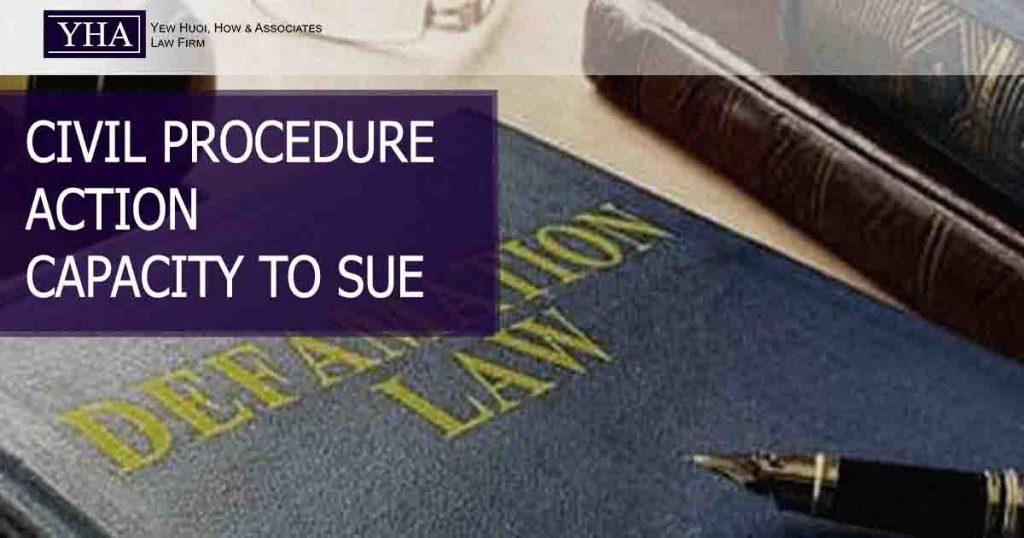Q: Can a Management Corporation (“MC”) or Joint Management Body (“JMB”) sue for defamation?
A: No. An MC’s and JMB’s powers are primarily for maintenance and management of common property. MC and JMB are entities created by the statute. They are not empowered by statute to maintain an action in defamation.
Q: What about the members of the management committee? If anyone defames the committee members, can the committee members institute legal proceeding for defamation against the person?
A: No. Members of the management committee only acts on behalf of the MC and JMB. Their powers are restricted to the powers of the MC and JMB. If the MC and JMB cannot maintain action for defamation against the individuals who defame them, the members of the management committee have no such powers either. In short, members of the management committee have no locus to sue in defamation.
Q: Can the members of the management committee then sue in their personal capacity?
A: Yes. If the members of the management committee are defamed personally, they can bring an action in their personal capacity. However, this defamation should not be rolled up as being defamatory to the management corporation or as members of the management committee.

